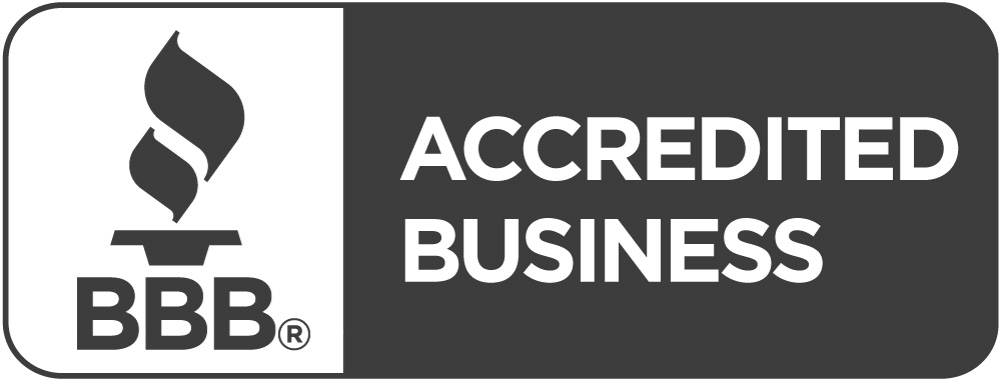
An effective Nursing Home Advertising Strategy is critical to maximize the return of your marketing spend and overall health of the business. Below is a Top 10 list to consider for the most effective Nursing Home Advertising Strategy.
- Target Audience Identification: Identifying your target audience is one of the most important features of any advertising strategy. Determine the demographic, geographic, psychographic, and behavioral characteristics of your audience. It helps you develop relevant messages, choose the right channels to reach them, and optimize your ad spend.
- Competitive Analysis: Conducting a competitive analysis helps you understand the strengths and weaknesses of your competitors. It allows you to identify areas where you can differentiate your services and create a unique value proposition. Also, analyzing your competitors’ advertising tactics and channels can provide insights into the most effective ways to reach your target audience.
- Branding and Messaging: A strong brand identity and messaging are essential in healthcare advertising. It is important to develop a consistent message that resonates with your target audience and differentiates your services. Developing a unique value proposition and key messaging points can help create a compelling message that sets you apart from your competitors.
- Content Strategy: Developing a content strategy that includes blogs, social media, videos, and other content helps you engage with your target audience and establish your authority and expertise. It’s important to develop content that provides value to your audience and positions you as a trusted source of healthcare information.
- SEO Optimization: Optimizing your website and content for search engines helps you attract organic traffic and increase your visibility online. Keyword research, on-page optimization, and backlinking are key components of a successful SEO strategy. By optimizing your website and content, you can improve your search engine rankings and drive more traffic to your site.
- Paid Advertising: Paid advertising can help you reach a larger audience and drive more traffic to your website. Google Ads, Facebook Ads, and other pay-per-click advertising platforms can be effective in healthcare advertising. It’s important to develop compelling ad copy and design ads that stand out to your target audience.
- Landing Page Optimization: Creating landing pages that are optimized for conversions can help you improve the effectiveness of your paid advertising campaigns. Landing pages should be designed to provide a seamless user experience, with clear calls-to-action and relevant information that meets the user’s search intent.
- Retargeting: Retargeting campaigns can help you re-engage users who have visited your website but didn’t convert. By displaying ads to users who have already shown an interest in your services, you can increase the likelihood of conversion and improve the effectiveness of your advertising campaigns.
- Call Tracking: Call tracking is an essential feature of any healthcare advertising strategy. It allows you to track the effectiveness of your advertising campaigns by measuring the number of phone calls generated by your ads. Call tracking also provides insights into the quality of the leads generated by your campaigns.
- Performance Analytics: Performance analytics is essential for optimizing your advertising campaigns. By tracking key performance indicators such as click-through rates, conversion rates, and cost per conversion, you can identify areas where you can improve your campaigns and maximize your return on investment.
Overall, by implementing these top 10 features, you can develop a comprehensive advertising strategy that effectively reaches your target audience, establishes your brand, and drives more traffic and conversions for your healthcare provider services.
About
A nursing home, also known as a skilled nursing facility, is a type of long-term care facility that provides medical and personal care services to individuals who require assistance with daily living activities and have complex medical needs. Nursing homes are designed to provide a safe, supportive environment for individuals who are unable to care for themselves due to advanced age, chronic illness, disability, or other factors. Nursing homes typically provide a range of services, including:
- 24-hour nursing care
- Assistance with activities of daily living (ADLs) such as bathing, dressing, and eating
- Medication management and administration
- Rehabilitation and physical therapy services
- Social and recreational activities
- Nutritious meals and snacks
- Access to medical care and other healthcare services
- End-of-life care and hospice services
Nursing homes are staffed by licensed nurses, certified nursing assistants, therapists, social workers, and other healthcare professionals who work together to provide high-quality care to residents. They are regulated by state and federal agencies to ensure that they meet certain standards of care and safety. Choosing a nursing home can be a difficult decision for families, and it is important to carefully consider factors such as location, quality of care, staffing levels, and amenities when making a decision. While nursing homes can be expensive, many offer financial assistance options such as Medicaid and Medicare to help cover the cost of care for eligible individuals.








































































